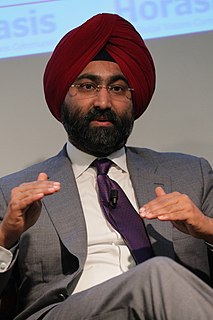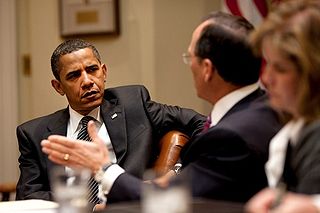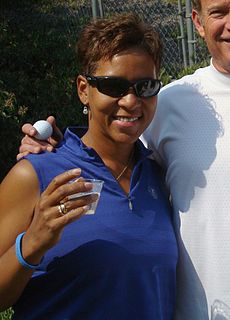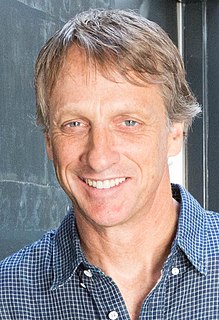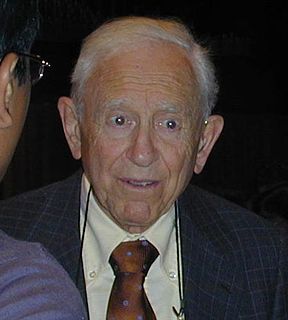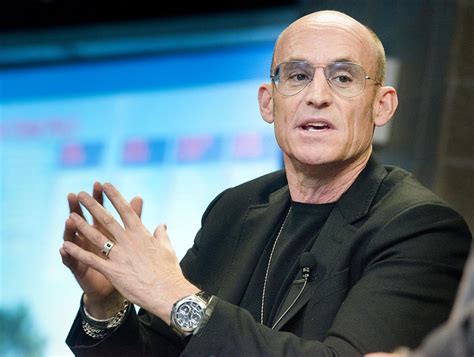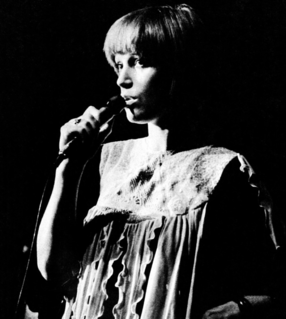A Quote by Ajay Piramal
Textile mills are not a very high-margin business and have fixed overheads, so it was challenging. But I think it is only in challenges that you get opportunities.
Quote Topics
Related Quotes
If you understood a business perfectly and the future of the business, you would need very little in the way of a margin of safety. So, the more vulnerable the business is, assuming you still want to invest in it, the larger margin of safety you'd need. If you're driving a truck across a bridge that says it holds 10,000 pounds and you've got a 9,800 pound vehicle, if the bridge is 6 inches above the crevice it covers, you may feel okay, but if it's over the Grand Canyon, you may feel you want a little larger margin of safety.
My family was in two businesses - they were in the textile business, and they were in the candy business. The conversations around the dinner table were all about the factory floor and how many machines were running and what was happening in the business. I grew up very engaged in manufacturing and as part of a family business.
All of us face challenges in our daily lives. Yet in challenges lie some of our greatest opportunities. As we recognize and act on our opportunities, progress, happiness, and spiritual growth follows. We need to be involved in moving the Lord's work forward. The opportunities available to us are endless.
I hope my talent has something to do with it. I just think this business is so crazy. I obviously do the best I can, and the directors I admire see something in me. But this is a strange business, and there are people who are incredibly talented who never make it, who never get these opportunities. So that's why I say I'm lucky. I don't feel that I'm not talented - I think I am talented - but I also think I'm very lucky.
The best advice I can give is to believe in yourself and to create new challenges no matter how far you get. Even if you think you earned it all or if you're considered the best in the world, keep challenging yourself because you're only as good as your last trick in the public's eye. But only do it because you love it. Don't do it because you think it's your ticket to fame or fortune. If that's the motivation and you reach any of those goals, you're not going to keep that passion.


